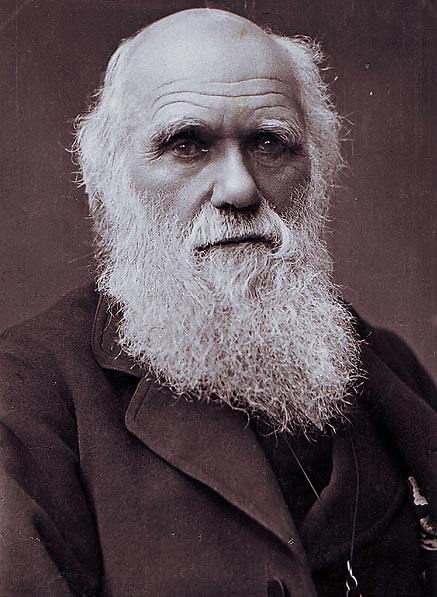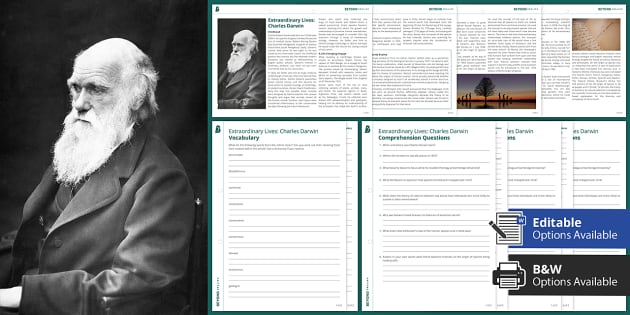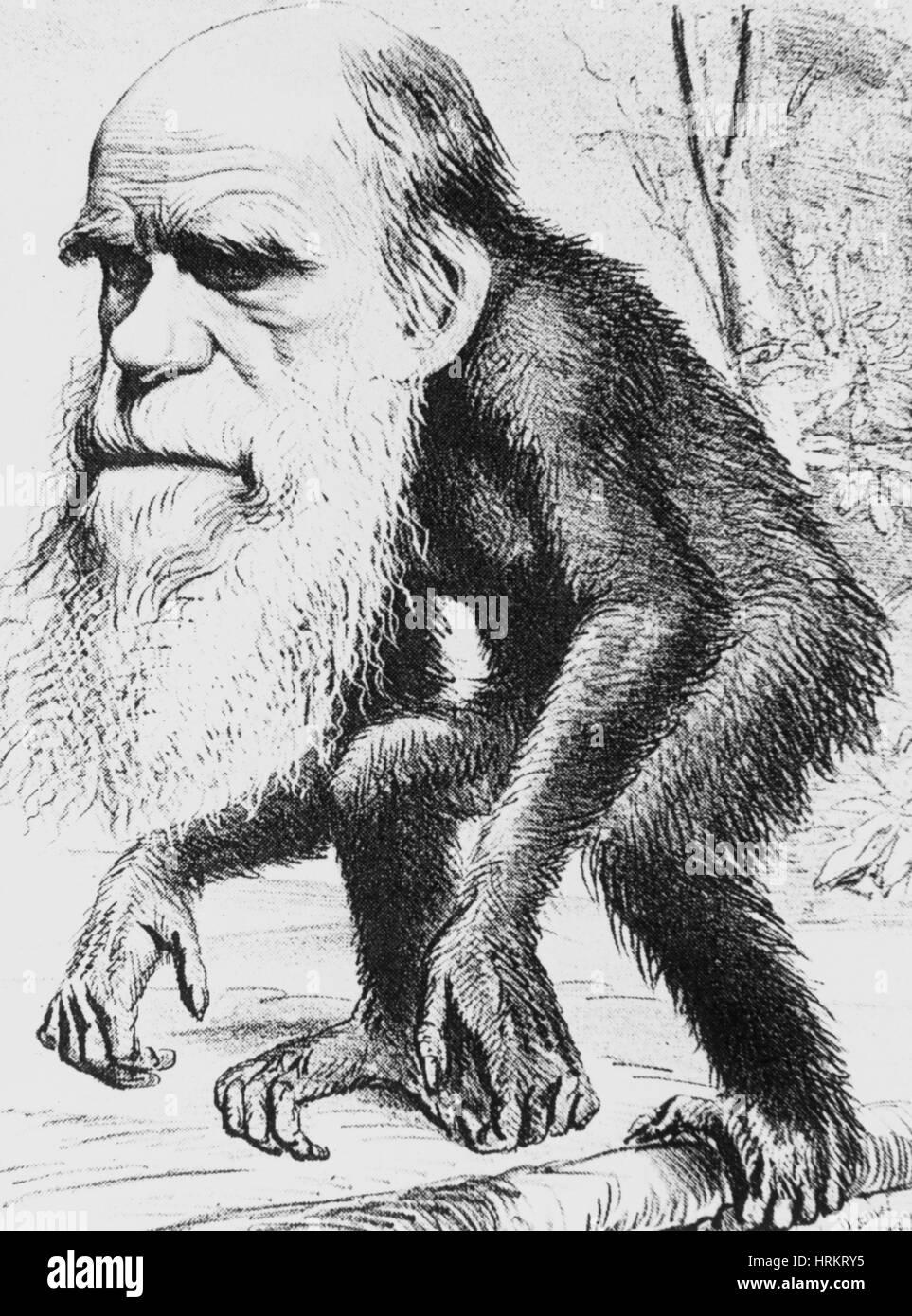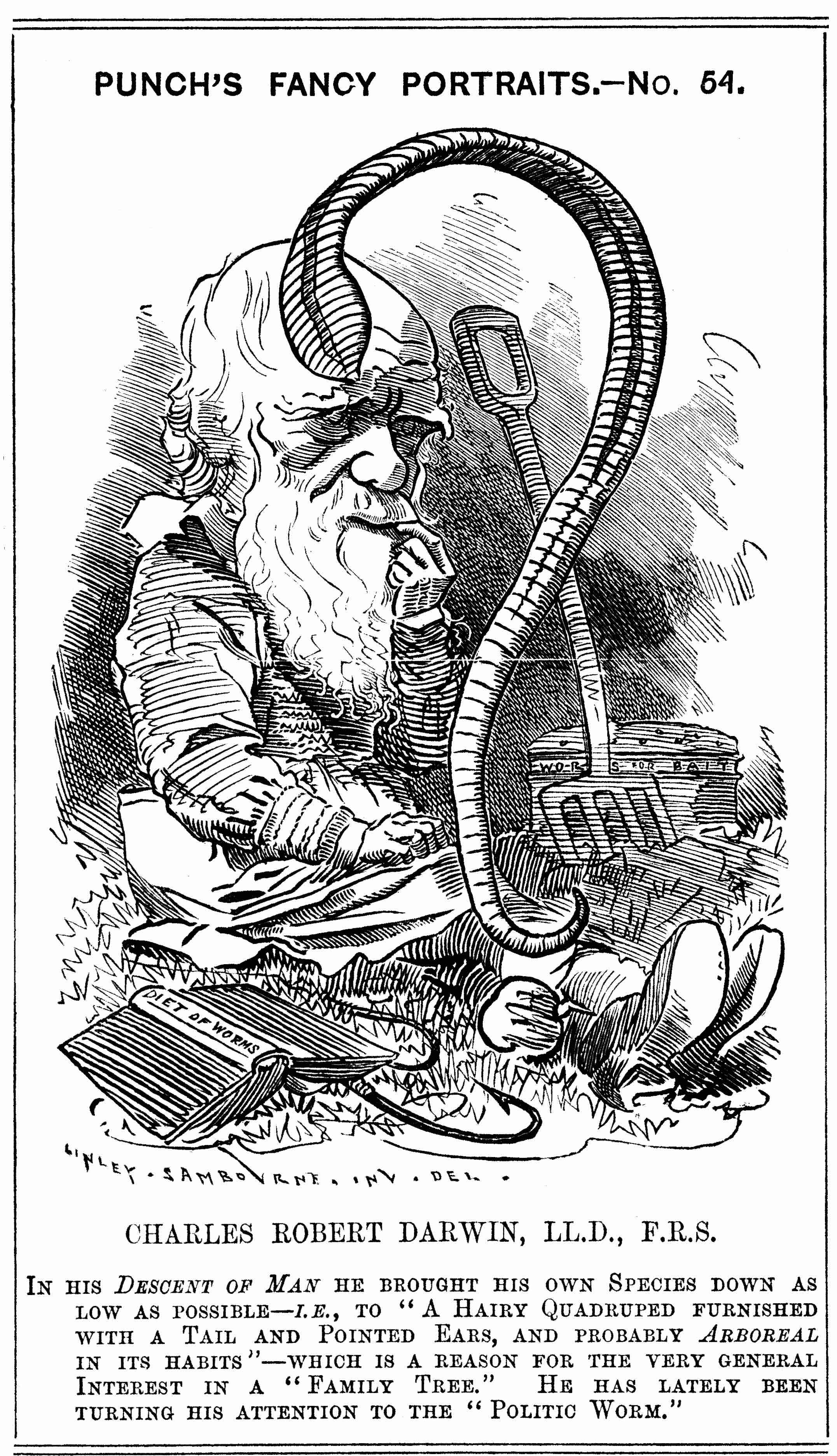May 20, 2022Modern psychology: How Charles Darwin’s work on how expressions evolved pre-empted it by a century. … According to scientists who take a gene’s-eye view of evolution, the 19th-century English naturalist contributed one crucial idea to understanding modern psychology and how species change: natural selection, or “design without a
Caricature of Charles Darwin, 1871 Stock Photo – Alamy
Abstract. Charles Darwin made numerous seminal contributions to the study of animal behavior over his long career. This essay places these contributions in the context of Darwin’s life, showing his long-standing interest in psychological and behavioral issues encompassing all species, including humans. Ten areas are highlighted: natural history

Source Image: blog.twmuseums.org.uk
Download Image
Darwin charted the field of emotional expressions with five major contributions. Possible explanations of why he was able to make such important and lasting contributions are proposed. A few of the important questions that he did not consider are described. Two of those questions have been answered at least in part; one remains a major gap in

Source Image: twinkl.co.uk
Download Image
The Life of Erasmus Darwin by Charles Darwin | Goodreads His other main contributions were: (1) the doctrine of the evolution of instinct and the part played by intelligence in the process, (2) the evolution of the mind from the lowest animal to the highest men, and (3) the expression of emotions. Darwin’s work in each of these areas has been elaborated upon. A change in method, resulting from this

Source Image: cambridgeblog.org
Download Image
How Did Charles Darwin Contribute To Psychology
His other main contributions were: (1) the doctrine of the evolution of instinct and the part played by intelligence in the process, (2) the evolution of the mind from the lowest animal to the highest men, and (3) the expression of emotions. Darwin’s work in each of these areas has been elaborated upon. A change in method, resulting from this Charles Darwin made numerous seminal contributions to the study of animal behavior over his long career. This essay places these contributions in the context of Darwin’s life, showing his long-standing interest in psychological and behavioral issues encompassing all species, including humans.
Men, Masculinity, & Psychology – Fifteen Eighty Four
Darwin used the results of his 19th-century experiment to inform his own understanding of emotion and his writing of Expression. But his pioneering methods remain relevant to psychologists today. 150 years ago, Charles Darwin wrote about how expressions evolved – pre-empting modern psychology by a century

Source Image: theconversation.com
Download Image
Charles Darwin in Psychology | Contributions & Importance – Lesson | Study. com Darwin used the results of his 19th-century experiment to inform his own understanding of emotion and his writing of Expression. But his pioneering methods remain relevant to psychologists today.

Source Image: study.com
Download Image
Caricature of Charles Darwin, 1871 Stock Photo – Alamy May 20, 2022Modern psychology: How Charles Darwin’s work on how expressions evolved pre-empted it by a century. … According to scientists who take a gene’s-eye view of evolution, the 19th-century English naturalist contributed one crucial idea to understanding modern psychology and how species change: natural selection, or “design without a

Source Image: alamy.com
Download Image
The Life of Erasmus Darwin by Charles Darwin | Goodreads Darwin charted the field of emotional expressions with five major contributions. Possible explanations of why he was able to make such important and lasting contributions are proposed. A few of the important questions that he did not consider are described. Two of those questions have been answered at least in part; one remains a major gap in

Source Image: goodreads.com
Download Image
History of psychology. CHARLES DARWIN Published theory of evolution in ppt download Among Darwin’s contributions to psychology were his demonstration of the continuity of species, a model for the study of instinct, a book on the expression of the emotions, and a baby biography. Previous celebrations of Darwin and the changing perceptions of his work since its publication are described.

Source Image: slideplayer.com
Download Image
Darwin in letters, 1881: Old friends and new admirers | Darwin Correspondence Project His other main contributions were: (1) the doctrine of the evolution of instinct and the part played by intelligence in the process, (2) the evolution of the mind from the lowest animal to the highest men, and (3) the expression of emotions. Darwin’s work in each of these areas has been elaborated upon. A change in method, resulting from this

Source Image: darwinproject.ac.uk
Download Image
Paul Johnson’s “Darwin: Portrait of a Genius” reviewed – Philosophy of Science Portal Charles Darwin made numerous seminal contributions to the study of animal behavior over his long career. This essay places these contributions in the context of Darwin’s life, showing his long-standing interest in psychological and behavioral issues encompassing all species, including humans.

Source Image: philosophyofscienceportal.blogspot.com
Download Image
Charles Darwin in Psychology | Contributions & Importance – Lesson | Study. com
Paul Johnson’s “Darwin: Portrait of a Genius” reviewed – Philosophy of Science Portal Abstract. Charles Darwin made numerous seminal contributions to the study of animal behavior over his long career. This essay places these contributions in the context of Darwin’s life, showing his long-standing interest in psychological and behavioral issues encompassing all species, including humans. Ten areas are highlighted: natural history
The Life of Erasmus Darwin by Charles Darwin | Goodreads Darwin in letters, 1881: Old friends and new admirers | Darwin Correspondence Project Among Darwin’s contributions to psychology were his demonstration of the continuity of species, a model for the study of instinct, a book on the expression of the emotions, and a baby biography. Previous celebrations of Darwin and the changing perceptions of his work since its publication are described.